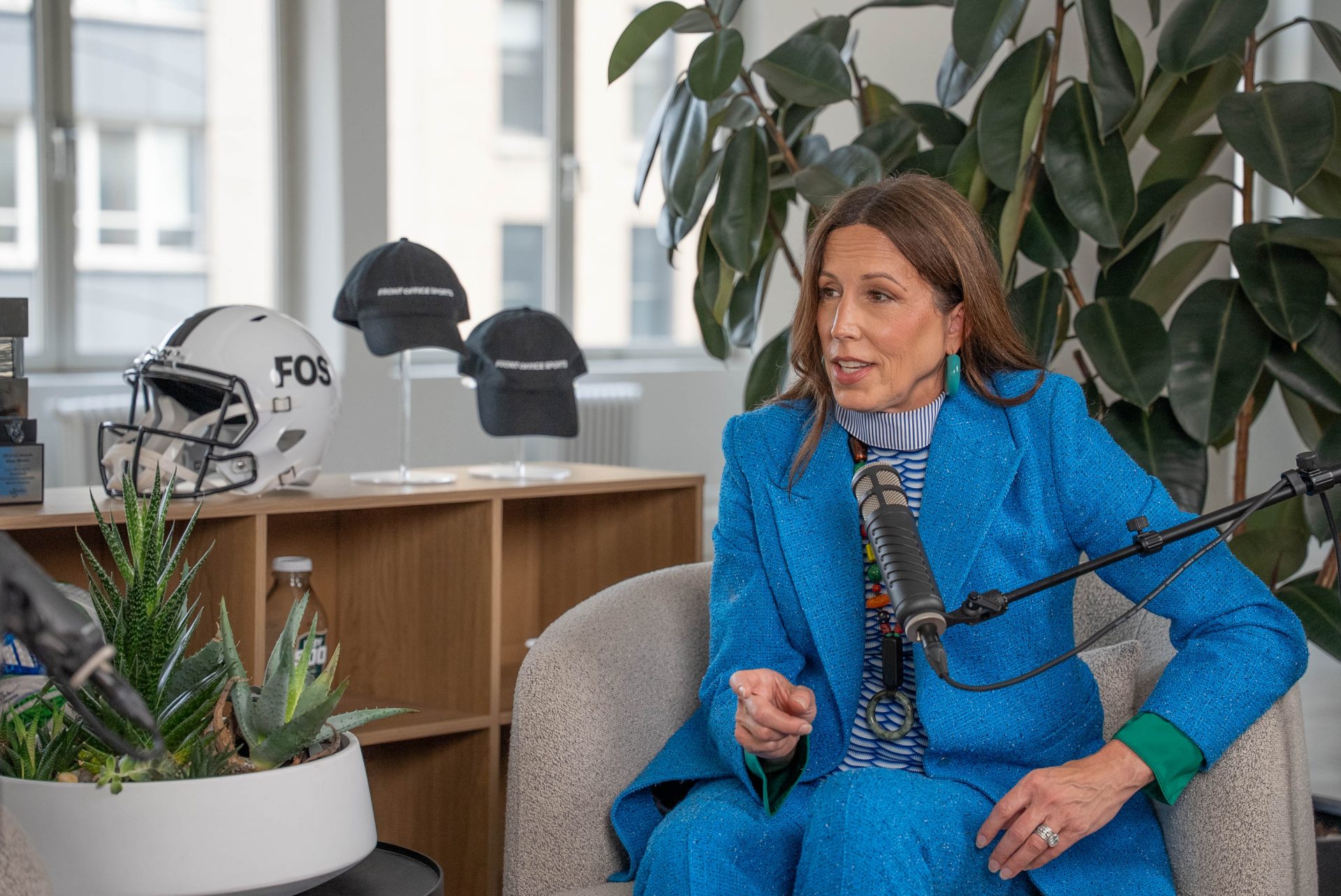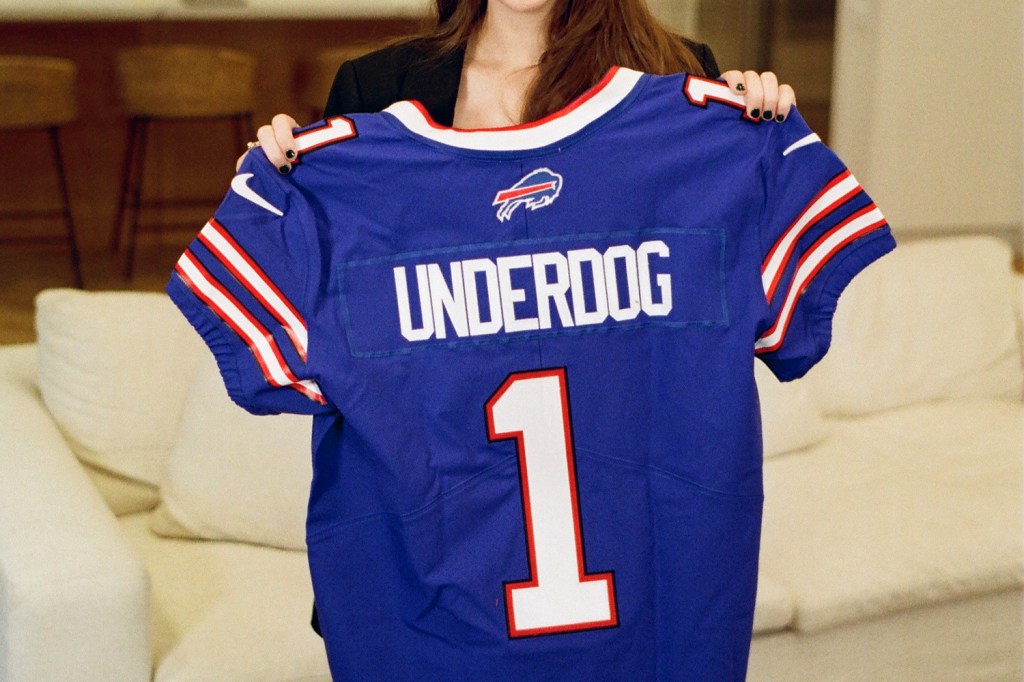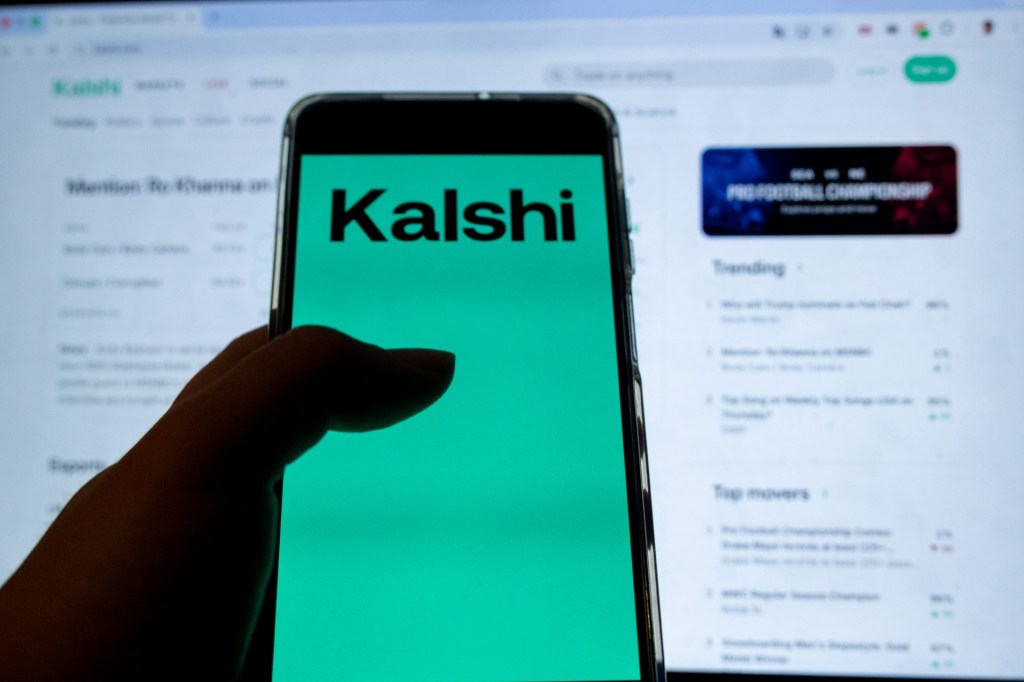Peak6 Investments cofounder Jenny Just, whose sports team portfolio includes Austin FC and the NHL’s Wild, believes poker is a critical life skill—one that teaches confidence, strategy, and how to take calculated risks.
The epiphany came in 2019, after her then-14-year-old daughter lost a tennis match to an opponent who her father (and Just’s husband)—Matt Hulsizer, who played hockey at Amherst College in the late 1980s—thought she should have beaten but who played a savvier game. Hulsizer, who cofounded Peak6 with Just, suggested his daughter learn poker to sharpen her thinking.
At first, Just “thought he was being ridiculous,” she told Front Office Sports during a recent episode of Portfolio Players. But when the comment was still gnawing at her a couple of weeks later, she put together a plan. The couple got ten 8th- and 9th-grade girls together, whose mothers were into the idea, to teach poker.
“It was extraordinary what happened for the girls at the table,” Just said. “Their confidence was over the top.”
Before long, the girls were acting like pro poker players, focusing on not letting any other players around the table know what cards were in their hand and strategizing multiple steps ahead. “Nobody was going to take those chips from them,” Just said.
Eventually, Just realized that poker looked a lot like her day job in options trading. It’s an “international mind sport like chess and bridge” where players need to think about taking risks with “imperfect information,” when to get in and when to get out, and importantly, “how to think about the other person’s hand.”
“The layers and the levels … I was like, ‘this is brilliant,’” she said. “This is what the women who work for me, this is what they need.”
All that led to the launch of Poker Power in 2020, an initiative that now aims to teach one million girls and women how to play poker, not so they can be good gamblers, but so they can have higher confidence and stronger decision-making skills. It’s especially important because poker has historically been played by so many men, so teaching those skills to women is evening the playing field, according to Just.
From that first experiment around a kitchen table with high schoolers to sessions with professional teams like the WNBA’s Sky, Just has watched poker transform mindsets for women.
Today, Poker Power has reached 360 companies across 60 countries, Just said.
“The sooner the better,” she said when it comes to teaching young women poker. Just believes her daughter is much better off for knowing how to play poker, and she said those lessons should be taught to professional female athletes as well. Poker, according to Just, may end up teaching a generation of female athletes how to transfer their smarts off the playing field into the business world.
“Pro women athletes, they know they belong at that table when it’s their court, when it’s their field,” Just said. “But how about when they leave it? How do they feel? That’s what we’re really going after.”






![[Subscription Customers Only] Jun 15, 2025; Seattle, Washington, USA; Botafogo owner John Textor inside the stadium before the match during a group stage match of the 2025 FIFA Club World Cup at Lumen Field.](https://frontofficesports.com/wp-content/uploads/2026/02/USATSI_26465842_168416386_lowres-scaled.jpg?quality=100&w=1024)
![[Subscription Customers Only] Jul 13, 2025; East Rutherford, New Jersey, USA; Chelsea FC midfielder Cole Palmer (10) celebrates winning the final of the 2025 FIFA Club World Cup at MetLife Stadium](https://frontofficesports.com/wp-content/uploads/2026/02/USATSI_26636703-scaled-e1770932227605.jpg?quality=100&w=1024)








![ESPN Bet broadcasts inside the PGA Tour Studios building in Ponte Vedra Beach, Florida, on March 14, 2025. [Clayton Freeman/Florida Times-Union]](https://frontofficesports.com/wp-content/uploads/2026/02/USATSI_25668497_168416386_lowres-1-scaled.jpg?quality=100&w=1024)
